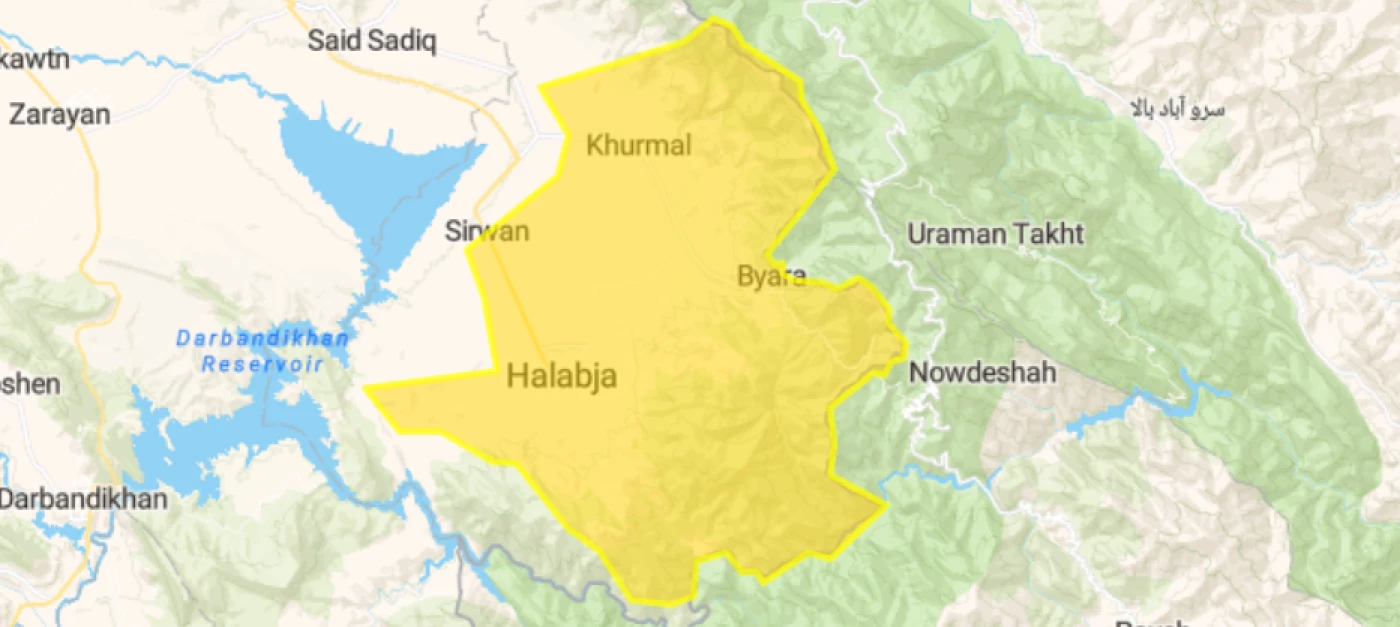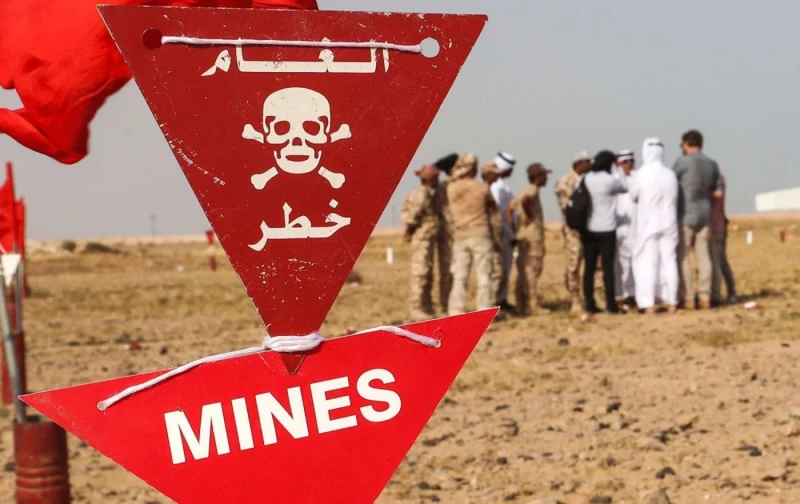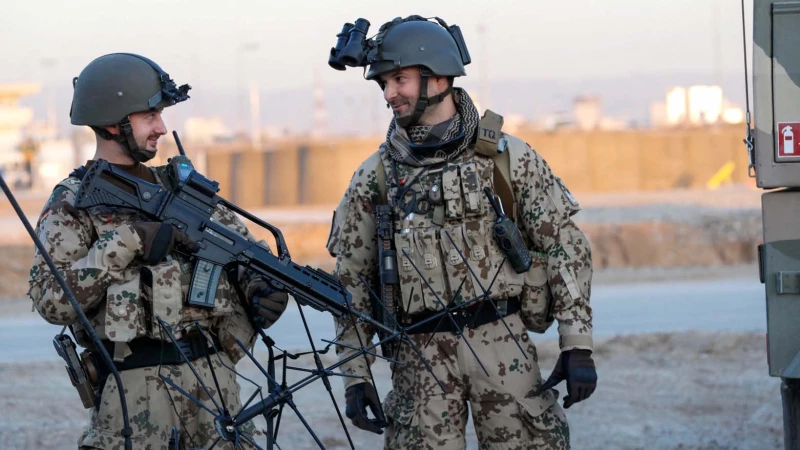ERBIL, Kurdistan Region of Iraq – Halabja on Thursday became the first province in the Kurdistan Region to be fully covered under the Kurdistan Regional Government’s (KRG) 24-hour electricity Runaki Project.
At 7:00 pm on Thursday evening, the Runaki Project was activated for Halabja, providing round-the-clock electricity to the entire province, according to The New Region’s reporter in Halabja, moments after an announcement by the KRG’s electricity ministry that 139,000 citizens of the city were brought under the program.
The latest expansion saw the total number of citizens across the Kurdistan Region covered under the initiative rise to nearly four million, according to the electricity ministry’s statement, with over 3,200 private generators being retired as a direct result of the project. The KRG aims to put more than 7,000 private generators to rest by the end of 2026 as a result of the program.
Runaki is the KRG’s program to provide 24-hour power to residential neighborhoods. The project aims to cover the entirety of the Region by 2026. The program was announced by Kurdistan Region Prime Minister Masrour Barzani in October 2024, aiming to eliminate the electricity issues that the Region has struggled with for decades.
Compared to less than a month ago, Runaki has expanded to cover over a million other citizens across the Kurdistan Region, from 2.7 million in late July to 3.77 million citizens currently, according to the electricity ministry.
Prime Minister Barzani celebrated the milestone in an X post on Thursday. “Congratulations Kurdistan,” wrote the premier, announcing Halabja as “the first province to switch entirely to 24-hour electricity.”
Barzani, in a separate statement on Thursday, reiterated the KRG's willingness to assist other Iraqi provinces to reach "the same achievements" as those of the Runaki Project in the Kurdistan Region.
The electricity ministry said earlier in August and reiterated on Thursday that over 80 percent of the Region’s households pay less for electricity under the Runaki Project than before, with the average cost being 28,000 dinars [around 21 US dollars] for June.



 Facebook
Facebook
 LinkedIn
LinkedIn
 Telegram
Telegram
 X
X


